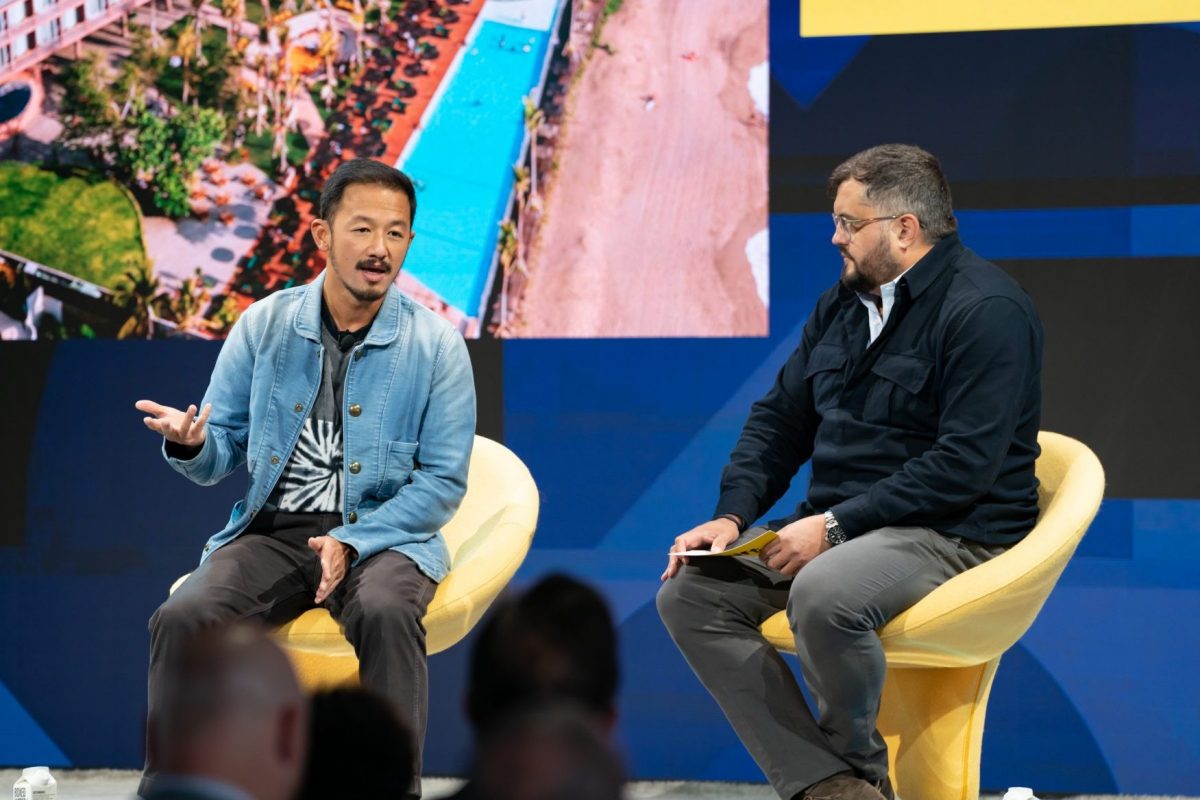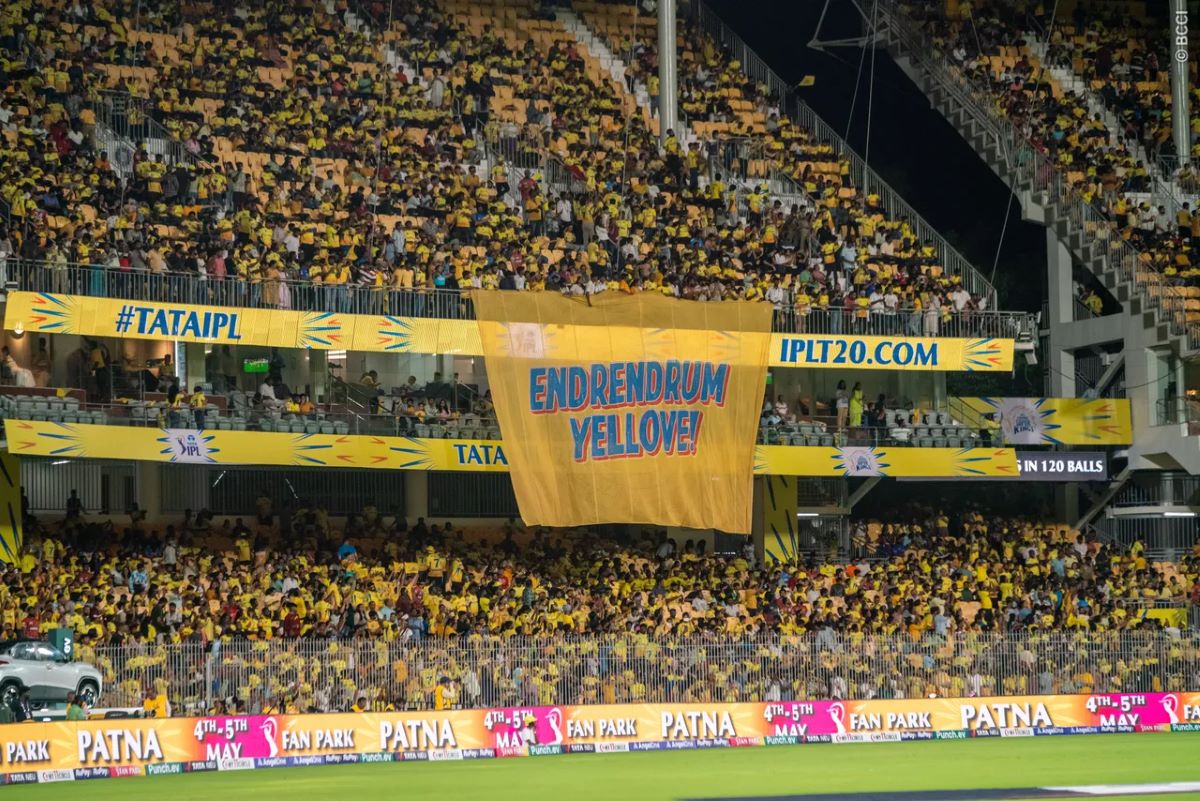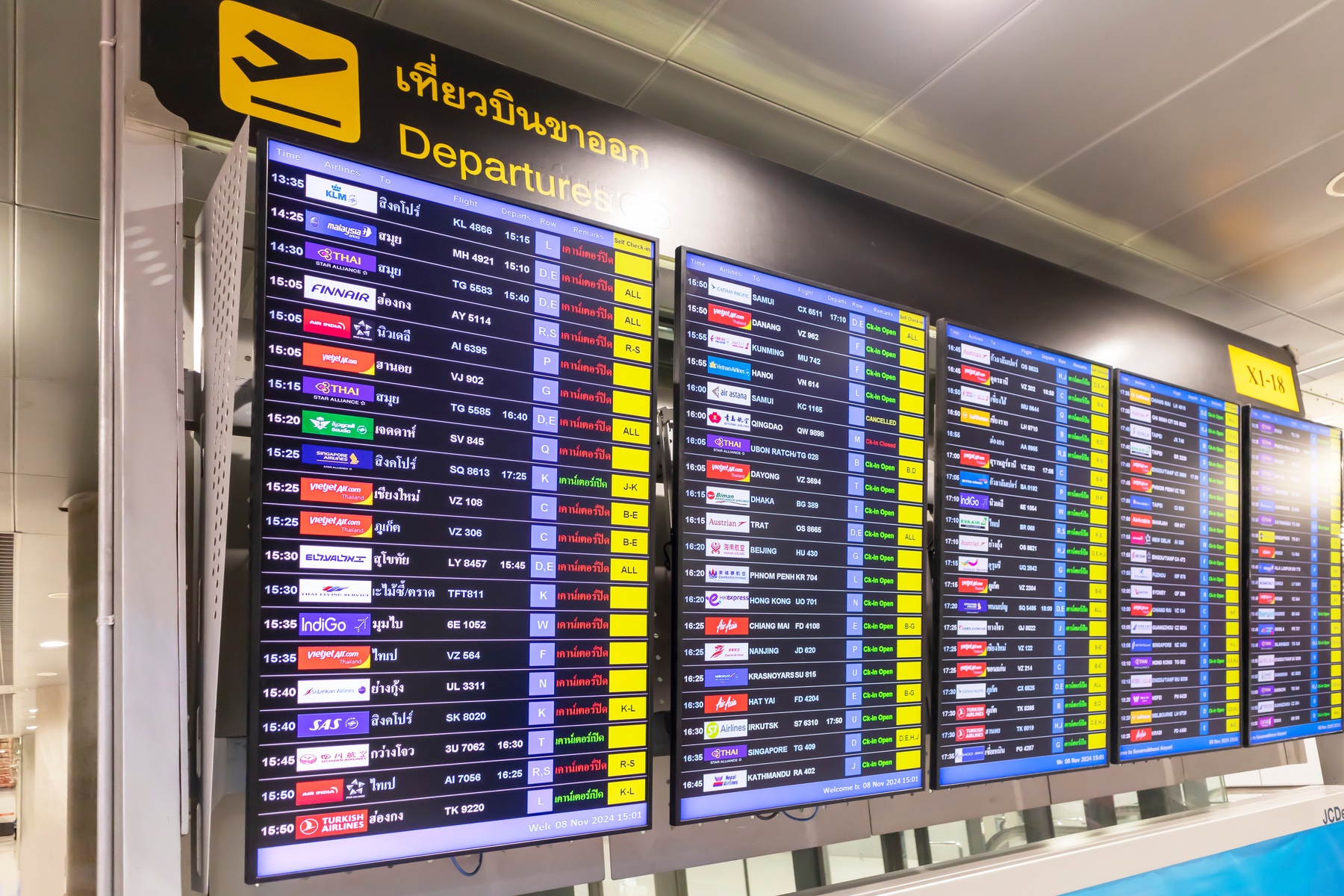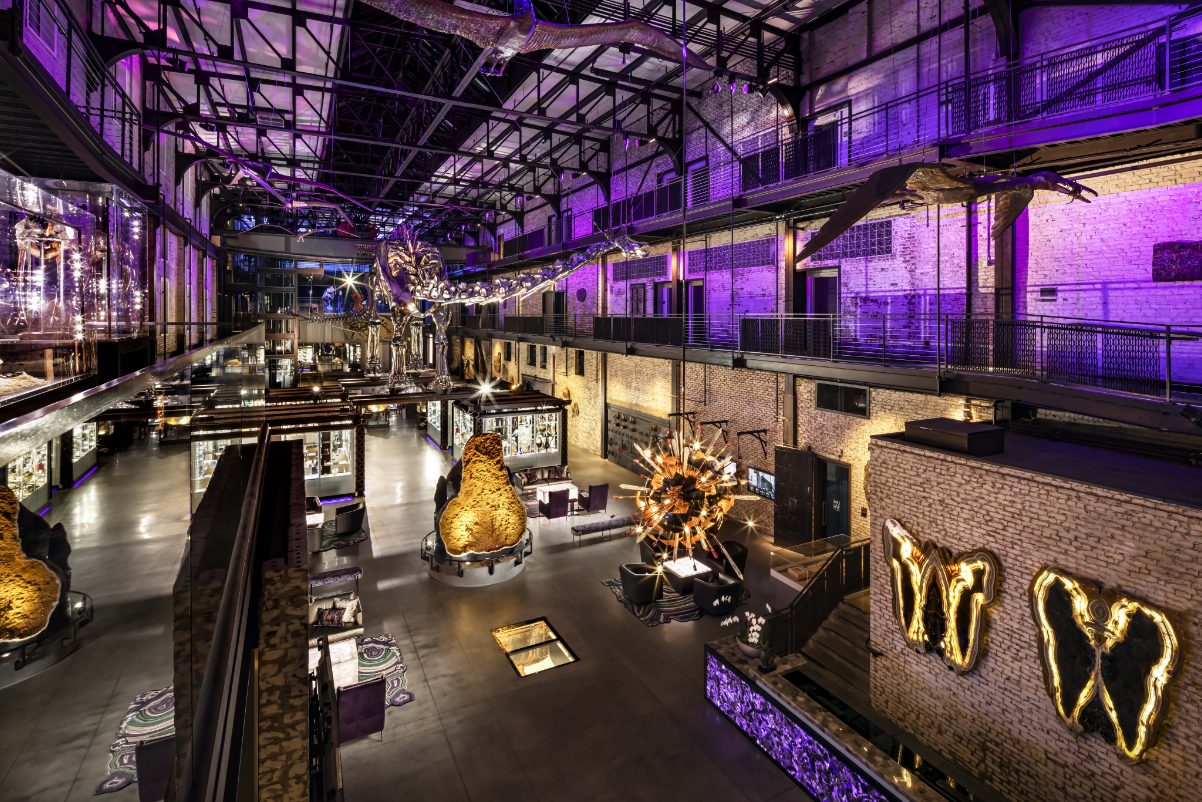What Potato Head’s Founder Couldn’t Tell Me in 25 Minutes On Stage

Skift Take

On Experience
Colin Nagy is a marketing strategist and writes on customer-centric experiences and innovation across the luxury sector, hotels, aviation, and beyond. You can read all of his writing here.I spoke with Ronald Akili, founder of the Indonesian lifestyle brand Potato Head, at the recent Skift Global Forum, where we touched on the launch of his brand, the opportunity to bring modern Indonesian culture to a wider audience, and his salient philosophy of sustainability without compromise.
While we covered a lot in the 25-minute talk, I figured it was worth further unpacking what the property, and by extension, the brand has been doing with its worldwide operations. I also wanted to explore why it stands out as meaningful as all hospitality brands seek to reboot stalled sustainability efforts and thinking coming out of the pandemic, when plastic seemed to cover every conceivable surface. The idea of building sustainability into business models without compromising on function or aesthetics should be the North Star aspiration for hospitality going forward.
Invisible Touches
As the property installed a new section, the Potato Head Studios, the team did sun and wind analysis, developing a natural ventilation system based on draft. The building was moved three degrees to reduce the energy load, and while this approach to air circulation of course is nothing new — it has been a fixture in countless forms of architecture over the centuries — the key here is understanding how to mix the timeless with future advances.
A Design-Focused Approach
The more futuristic side of Potato Head’s innovation sat with us when we spoke on stage: a beautiful, Max Lamb-designed chair made out of 833 plastic water bottles. That’s an example of the team looking at every nook and cranny of their output to find opportunities to cut waste and reuse what still has value. Its staff has also created candles from used cooking oil and used wine bottles, crafted bitters from fruit waste, and developed amenities for the hotel — such as boxes to hold tissues, metal water bottle tops — out of ocean plastic.
Blend Sustainability and Conceptual Art
The team wasn’t just thinking about pragmatic outcomes. It got conceptual with some of the artwork on the property, partnering with BYO living, which makes a hand-woven application for architecture, interior, and outdoor usage. The hand-woven ceiling at Potato Head studios is made from nearly 1.7 tons of plastic bottle waste.
Re-Thinking Local Farming
The Sweet Potato Project, which involves two farms in West Bali, aims to provide its local community with locally grown food. The team is experimenting with a practice called syntropic farming, which Potato Head said mimics the cycles of nature, bringing plants together that inherently complement each other. Synthropic farming has been used around the world to regenerate developed or damaged land.
The produce grown from the Sweet Potato Project is donated to local communities, including Potato Head’s staff and their families, with any leftovers turned into plant-based nasi bungkus — a rice dish wrapped in banana leaves. The nasi bungkus is then given to the most vulnerable members of Bali’s population, such as those in orphanages.
Waste R&D
The most impressive objects I saw at the property hadn’t been completed yet. An on-site R&D workshop called Sustainism Lab, headed by Assistant Sustainability Manager Dewa Legawa, is working on transforming waste into new materials and products. It’s important to note that while there’s been progress, there’s still a lot Potato Head can learn from outside collaborators.
As Akili teased at the end of our presentation, he’s collaborating with Matt Orlando, founder of Copenhagen, Denmark-based restaurant Amass and one of the most forward thinkers in waste reduction in food and hospitality. The two are launching a new project in Singapore, which will continue to push the spirit of innovation further. And Potato Head won’t keep all of its findings to itself, which is part of its philosophy is to share the learnings broad and wide to other hospitality brands on Bali and elsewhere.




